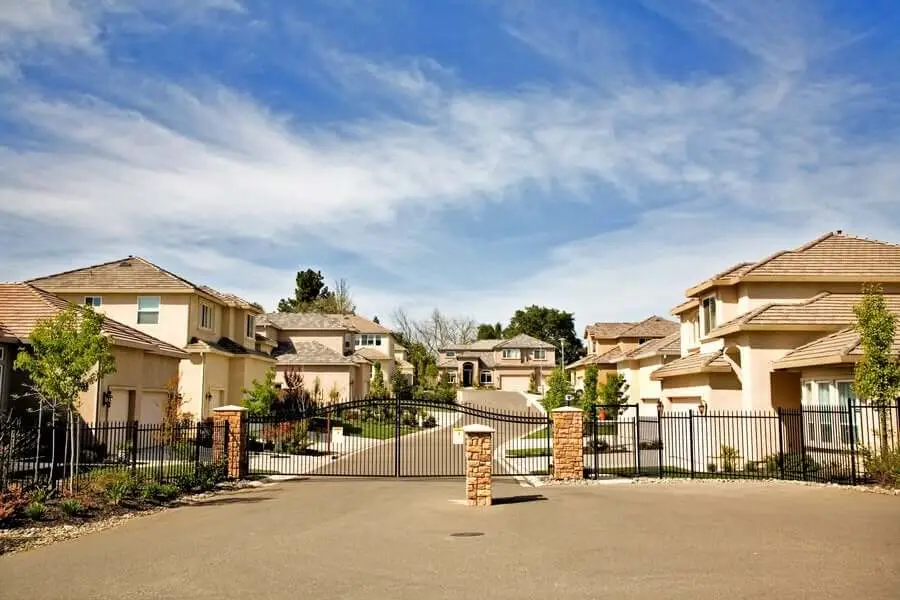
Arow over the operation of an Airbnb in a gated community in Hope Pastures, St Andrew, which has been described as a “nuisance” by residents and was being operated in breach of the rules governing properties in that area, has been settled by the Supreme Court.
The judgment, an attorney involved in the matter has argued, could impact similar operations in residential settings.
Ruling on an injunction sought by a citizen against the owners of the Scotland Drive property in College Green last week, the court declared that “the activities of occupiers who are deemed short-term licensees or tenants constitute a nuisance and are in breach” of the restrictive covenants on the certificate of title for the property which state that it should be used for residential purposes only.
The court further barred the owners, or agents acting on their behalf, “from allowing their property to be used for short-term occupancy, licence or tenancy for the purpose of a trade or business” and “from permitting their said property to be used in such a manner as to amount to a nuisance”.
Additionally, the court refused to grant the offending property owners leave to appeal and, in a penal notice to the owners, warned that failure to comply with the terms of the Order constitutes contempt for which they “may be liable to be imprisoned or to have [their] assets confiscated”.
The ruling capped the discontent which has been simmering between the absentee owners of the property — which consists of a townhouse and an apartment — and homeowners in the area for several months now.
In the matter, which was brought to trial in May this year, the court was told that a husband and wife had to move out of their home for several months because of disturbances from the offending address. According to the complainant, the almost constant flow of strangers, who are rowdy in appearance and behaviour, have brought “pure grief and stress” and a life lived in fear in not knowing who will be the next occupant. Further aggravation came from the improper disposal of garbage and the parking of vehicles by the renters invariably blocking the access of residents to their own homes.
The suit outlined that sometime in July 2021 the citizens’ association had engaged a law firm to write to the property owners — who do not live at the premises — threatening to sue if they did not take steps to prevent it from being used in that manner. It said the Kingston and St Andrew Municipal Corporation had also visited the property and issued a Cease and Desist Order. According to court documents, the disturbance ceased for a few weeks but resumed.
It further disclosed that a January 2022 meeting between the citizens’ association and the property owners saw another short truce, before a fresh set of renters arrived and “started the same series of acts of nuisance and disturbance all over again”.
The certificates of titles for all the lots in College Green are endorsed with restrictive covenants which prohibit the houses from being used for purposes other than that which is solely residential, and also prohibit them from being used for business purposes. Further, the certificates of titles of all the owners show that the owners are entitled to enforce these covenants against each other. Owners, upon acquiring their properties, were told by the citizens’ association that there should be no Airbnb in the complex and this was agreed to, the court was told.
On Monday, attorney John Givans, who represented the citizen who sought the injunction, said the judgment might have implications for other such operations in similar settings.
“I think that you might very well find cases where the covenants are similar, because the idea behind the covenant is that the property should be used for long-term purposes. The essence of the whole thing is that businesses are being operated on the premises, the business being short-term letting. The court held that the covenant being properly construed means that the owners should not rent the property on short-term lettings. The court found that to do so amounts to business.”
“It might have long-term, far-reaching implications to the extent that if covenants arise similar to my client’s and the defendants, maybe it would mean that to rent a property to Airbnb or Airbnb occupants in cases where the covenants says this should not be, then that would run afoul of the covenant,” Givans told the Jamaica Observer.
“The covenant said the property should be used as private residences, and the court said people renting for Airbnb are not long-term residents. ‘Residence’ suggests privately occupying it as your normal place of abode, so it might have implications,” he added.

